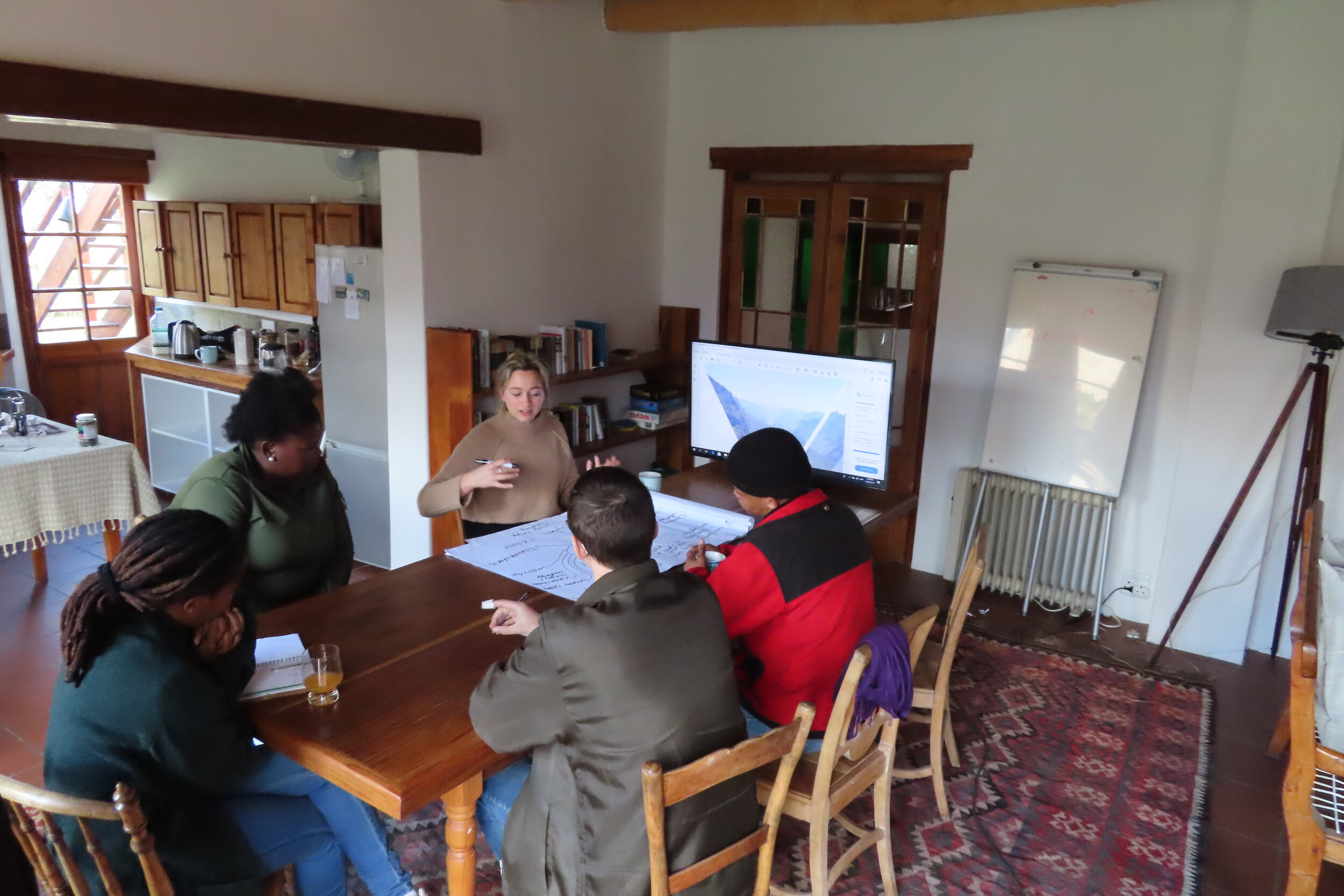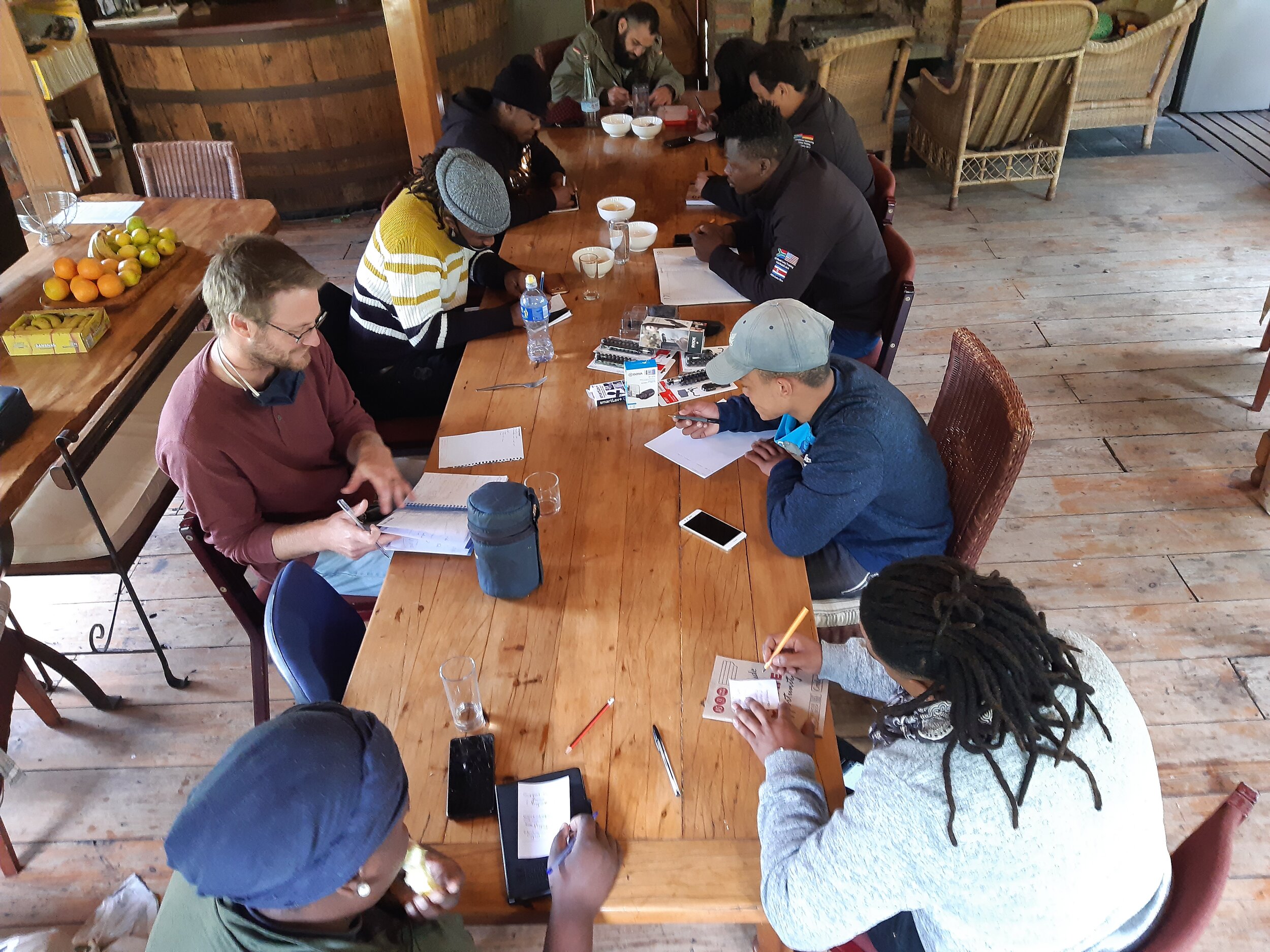Bridging the Digital Divide
Since the COVID-19 pandemic swept through the world it has left many devastating impacts in its wake. Not least of which the loss of lives, livelihoods and normalcy. Perhaps the most disturbing, however, is the acceleration of global inequalities and the impact this has had on the digital divide and education. Nowhere is this more relevant than in South Africa. Our education system remains one largely characterized by poor educational facilities, overcrowded classrooms and where a student’s future will likely depend on their skin colour and zip code. Throw a global pandemic into the mix and these inequalities and deficiencies will only be compounded in the long-term.
The digital divide is in no way a new phenomenon. In fact, it has been steadily growing in South Africa and other developing nations for decades now. Less than 40 percent of South African households have regular access to the internet through at least one device. These figures drop considerably in poorer provinces like Limpopo where the number can drop to as low as 2 percent. After the national lockdown was imposed in late March this year, schools and universities were shut down, forcing millions of students to study from home. Some students were able to transition fairly comfortably to online learning, having access to the necessary resources, however, the vast majority were left disconnected. Without consistent access to the internet, data and devices, millions of students are unable to continue their learning progress. Some efforts were made to mitigate these effects. For example, telecommunications giants like Vodacom and MTN have introduced Zero-Data or free access on various learning portals and cutting mobile data prices to accommodate learners. However, these efforts are too little too late and fail to address the greater underlying issues.
In addition to this, the digitisation of education and the workplace has been fast tracked because of the pandemic. This rapid acceleration in technology means that future jobs and navigating through society in general, will require a high level of digital literacy. As it stands, the majority of our youth will be ill-equipped to keep up with these demands and fall further behind, becoming more marginalised in the process. Bridging this divide is certainly possible but it will require significant collaboration between government entities, the private sector and civil society in order to bring about the necessary change.
So what are we going to do about it?
Earlier this year, the CWBR introduced the Science Bus Project, in collaboration with Athénée Action Humanitaire. The idea behind this multi-purpose mobile education center was to provide educational support to children in remote areas lacking access to appropriate teaching infrastructure. Since its inception, a pandemic has devastated the world and in the background a group of young, impassioned South Africans mobilised to create a space for change. The CWBR Youth Board was formed in early August under the guidance of the CWBR team to create and implement innovative new sustainable development projects.
The Youth Board is very excited to announce that, together with USIKO Youth Organization, it will be spearheading the Science Bus Project. We hope to build on its previous vision, while placing a new primary focus on bridging the digital divide. Therefore, our aim is to inform, inspire and excite individuals and communities through hands-on learning experiences and empower them to navigate through the 21st century. Each learning experience will be curiosity-driven and geared towards student interests taking into account the four key skills for 21st century learning: creativity, critical thinking, communication and collaboration. While no set lesson plan will exist some key topics to be explored will include information media and technology skills, environmental literacy and entrepreneurial skills. Rather than providing educational support the Science Bus aims to excite learning and help youth identify areas of interest as well as expose them to new technologies like drones, coding, film making software and so much more.
There can be no doubt that COVID -19 will have an unprecedented impact on our country’s most vulnerable youth. In these dark times we must act in ways that shine light on a better way forward. The Science Bus Project is just one of the ways the CWBR Youth Team is leading this change. Watch this space!


